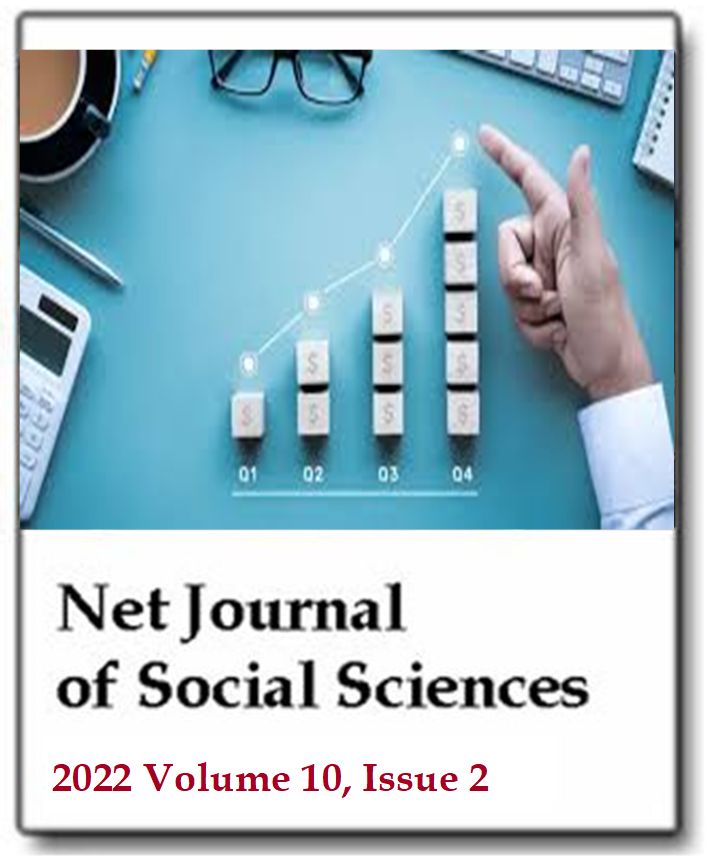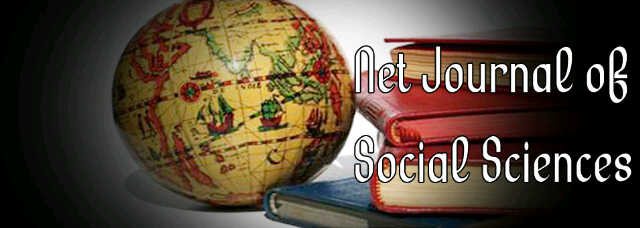Impact of governance on fiscal discipline and illicit financial flows in Nigeria
Mathias Agri Eneji, Anthony E. Bitrus, Habila Haruna, Dom Orhak Yilkes and John Sani GajereNet Journal of Social Sciences
Published: May 9 2022
Volume 10, Issue 2
Pages 19-31
Abstract
This research was conducted to investigate the impact of governance on fiscal discipline and illicit financial flows in Nigeria. The study employed time series data for the period of twenty-nine years (1990-2018). Pre-estimation tests were conducted to examine the stationarity of the time-series data. Thereafter, the Autoregressive Distributed Lag Model (ARDL) was adopted on the basis of the order of integration of the variables adopted. This study employs the ARDL as a dynamic causal model for its analysis. It has a finite number of lags in the explanatory variables. The adoption of the lag form of the model lies in the fact that variables, such as corruption, foreign debt, foreign direct investment and budget deficits have lagged impacts, we do not only intend to analyze their current effects but also their distributed or accumulated impact in the previous periods. The coefficients of the ARDL model show that there exists a positive relationship between governance, fiscal discipline and illicit financial flows in Nigeria. The study thus, recommends the strengthening of rule of law, institutions of participation and accountability, including access to public services, state intervention and policy reforms against corruption to ensure transparency and accountability in public service in Nigeria. Also, there should be effective management, control and monitoring of allocation to the electricity sector in order to ensure judicious use of government resources.
Keywords: Governance, illicit financial flow, foreign debts, financial discipline.
Full Text PDF
